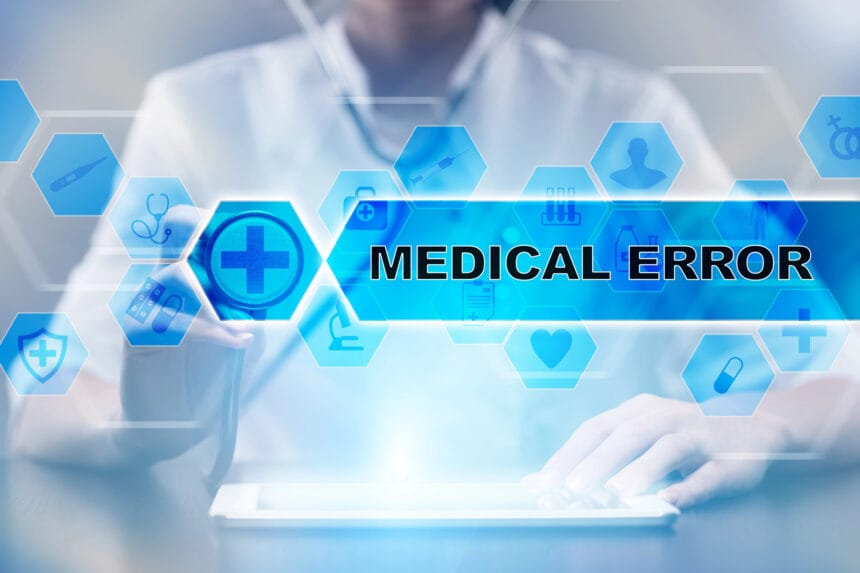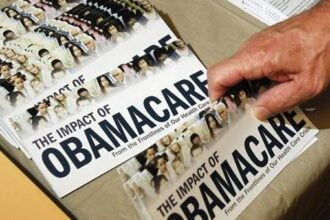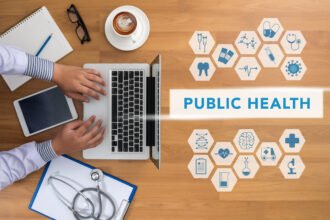Medication errors are one of the leading causes of adverse health outcomes, affecting millions worldwide each year. These errors can range from incorrect dosages to administering the wrong medication entirely, and reporting them is essential for patient safety, systemic improvements, and accountability.
Why Reporting Medication Errors is Crucial
Improving Patient Safety
Medication errors can lead to serious harm or even death, especially for vulnerable populations like the elderly or those with complex medical conditions. Reporting errors helps prevent similar incidents by enabling healthcare facilities to address the root causes and implement stronger safety measures. When errors are documented and analyzed, hospitals and healthcare systems can identify trends, learn from past mistakes, and adjust protocols to minimize risks in the future.
Strengthening Accountability
Reporting medication errors holds healthcare providers accountable for their actions. This accountability encourages more stringent adherence to protocols, more comprehensive training, and greater vigilance in all stages of medication handling. When healthcare professionals know that errors will be documented, they may take extra precautions to avoid these incidents.
Enhancing Communication and Education
Medication error reports help bridge communication gaps among healthcare providers, patients, and caregivers. These reports can bring attention to areas where additional education or changes in protocol are necessary, fostering a culture of transparency and learning within the healthcare system. This type of education benefits both providers and patients by making everyone more aware of potential risks.
Steps to Report a Medication Error
- Identify and Document the Error
As soon as a medication error is identified, it’s essential to document all relevant details. This documentation should include the date and time of the error, the type of medication involved, the dosage, the method of administration, and any immediate effects on the patient. Accurate documentation provides critical information for investigating the cause of the error and determining necessary corrective actions. - Notify the Healthcare Provider Immediately
If you’re a patient or caregiver and notice a medication error, inform the attending healthcare provider immediately. Addressing the error promptly allows healthcare staff to take any necessary corrective measures to mitigate potential harm. Medical professionals can also initiate any necessary treatment if the medication error poses an immediate health risk. - Report to Hospital or Clinic Administration
In healthcare settings, most facilities have a formal process for reporting medication errors internally. Reporting errors to the hospital or clinic administration allows the facility to investigate the incident, determine if it was due to systemic issues, and implement changes to prevent similar errors. These internal reports are often logged in patient safety databases, where patterns in medication errors can be tracked and addressed. - File a Report with National or State Reporting Systems
Many countries, including the United States, offer national or state-level reporting systems for medication errors. In the U.S., the Food and Drug Administration (FDA) accepts reports from patients, healthcare professionals, and caregivers through the FDA’s MedWatch program. These organizations use the data to assess the broader impacts of medication errors, identify high-risk drugs, and establish guidelines to promote safer prescribing and dispensing practices. - Consider Contacting a Lawyer
If a medication error results in serious harm or long-term effects, consulting with a prescription error lawyer in Chicago may be beneficial. A skilled lawyer can help assess the situation, determine if the error was due to negligence, and advise on the possibility of compensation for any suffering or financial costs associated with the error. Legal action can also help hold healthcare providers and facilities accountable, potentially preventing similar errors for future patients.
What Happens After a Medication Error is Reported?
After a medication error is reported, healthcare facilities and national organizations work together to address the issue. At the facility level, administrators may review the error to see if additional staff training, changes in protocols, or technology updates are necessary. Nationally, agencies like the FDA track error patterns to establish best practices for safe medication use.
In some cases, medication error reports lead to the modification of drug labeling, changes in the design of packaging, or adjustments to prescribing guidelines. Additionally, recurring medication errors may trigger regulatory changes to improve medication safety.








